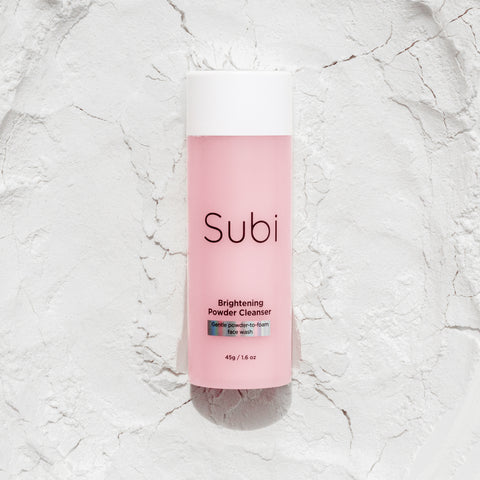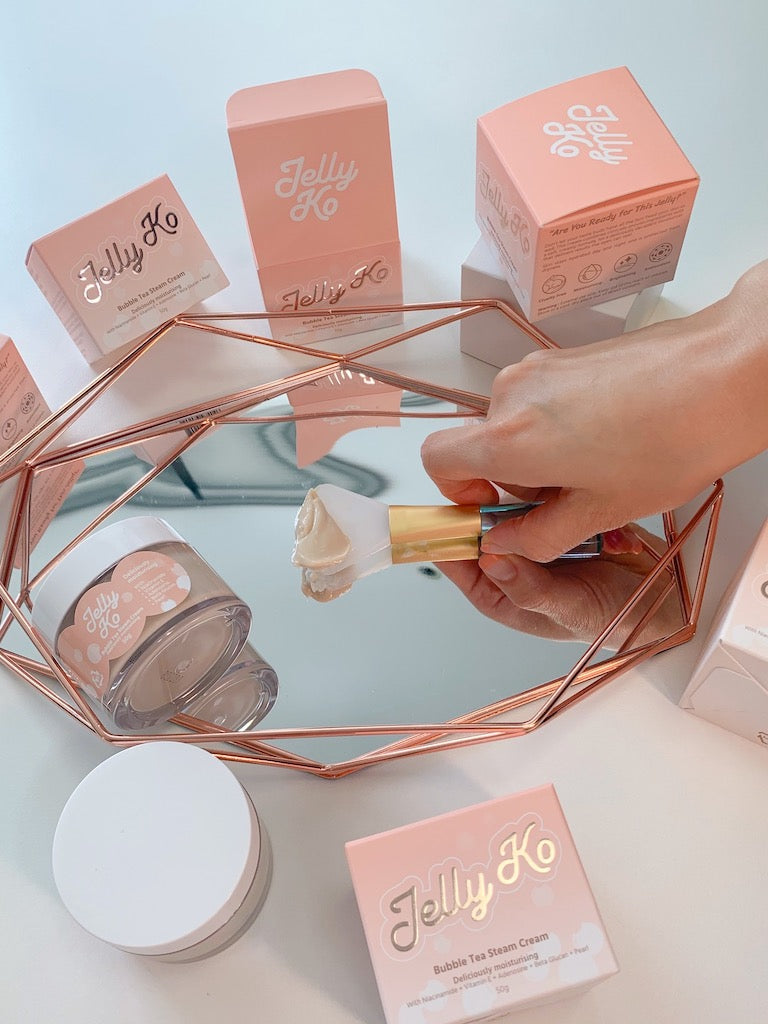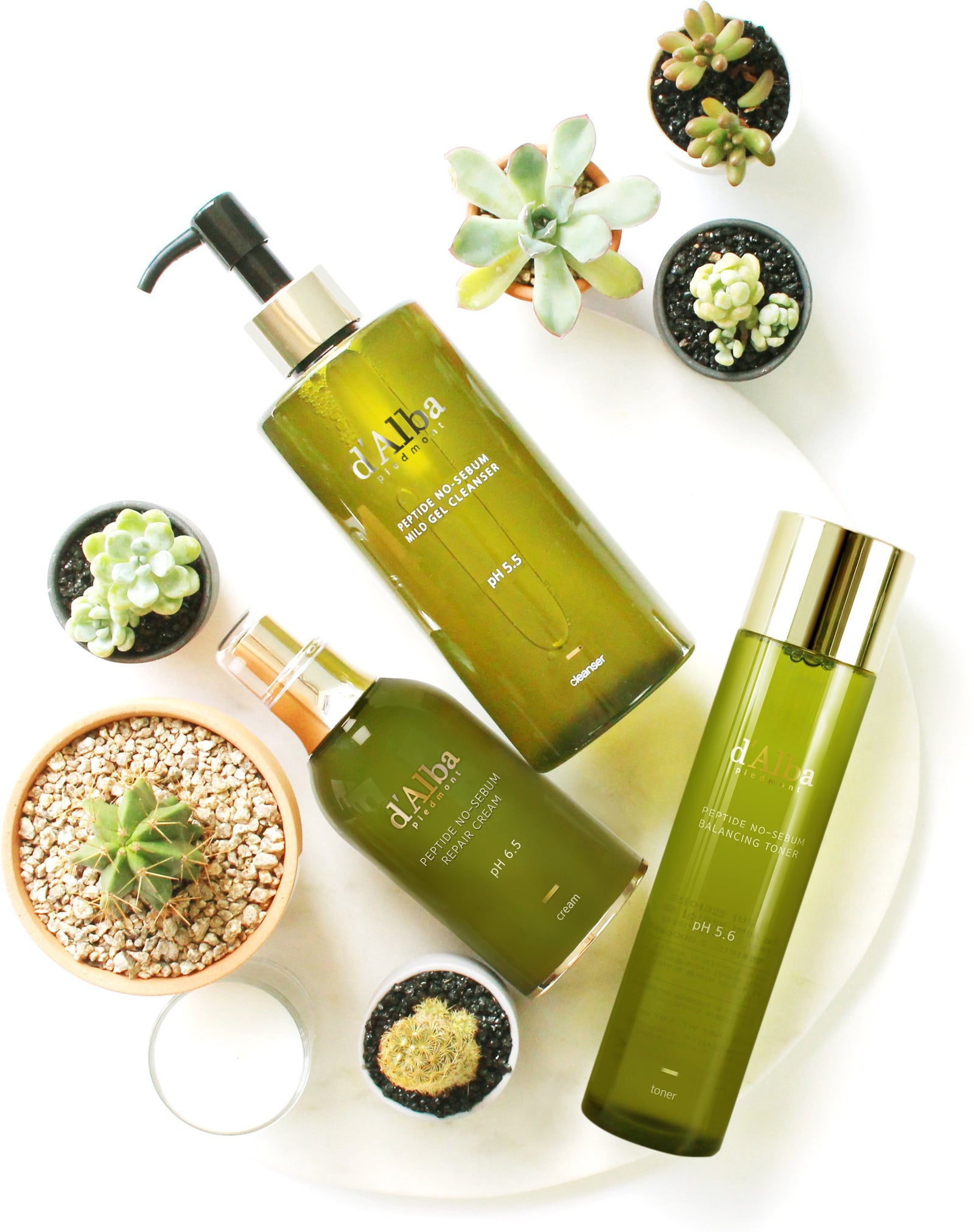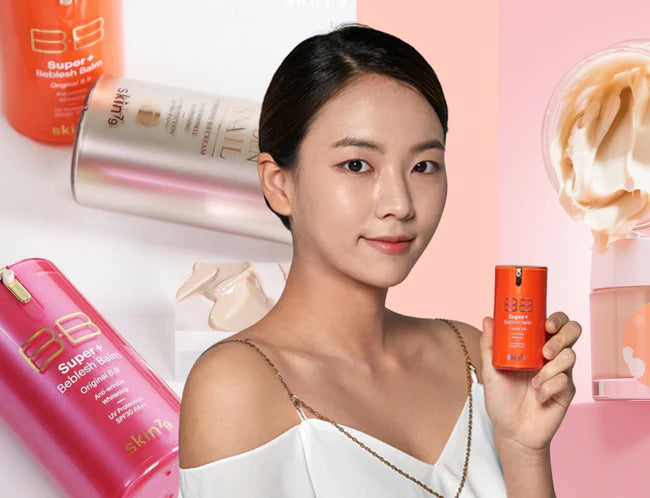The Korean Beauty Show 🎧 Your K-Beauty audio library starts here →
Menu
Key Trends in the Korean Beauty Market Part 1
November 23, 2023

On this episode of the Korean Beauty Show podcast, Lauren runs through some of the key trends that have shaped the Korean Beauty Market in 2023 and how they are connected to one another. She also discusses what we're going to be seeing more of and how these 3 changes might change in 2024-25. This is Part 1 in a series delving into the key trends, ingredients, brands and products that have shaped Korean skincare and the beauty industry domestically in Korea in 2023. Tune in if you're ready for a deep dive!
CONNECT WITH ME
My Instagram: www.instagram.com/lauren.kbeauty
Shop Kbeauty: www.stylestory.com.au
Style Story’s IG: www.instagram.com/stylestory_kbeauty
TikTok: https://www.tiktok.com/@stylestory_kbeauty
Jelly Ko’s IG: www.instagram.com/jellyko_official
Facebook: www.facebook.com/stylestory.au
Website: www.thekoreanbeautyshow.com
Stay up to date with the latest K-Beauty : https://stylestory.com.au/pages/free-gift-signup
Find Your Perfect K-Beauty Product Quiz: https://stylestory.com.au/tools/perfect-product-finder/find-your-perfect-k-beauty-product#/
EPISODE SUMMARY
In this series, we're exploring some of the top trends in the domestic Korean beauty market based on keyword analysis and a review of brand press release and product releases throughout 2023. Research indicates that we can expect to see further growth in these categories in 2024 and beyond.
In Part 1, we're covering the sustainability, clean beauty and vegan trends.
Sustainability in Korean Beauty
Sustainability is taking over as a key trend that has not only shaped the Korean beauty industry in 2023 but will continue to do so in the foreseeable future as concerns continue into excess packaging, global warming, recycling and the impact of these on the environment. This trend has not only dominated Korea's beauty industry but is dominating the headlines in other industries, including food and beverage, as well.

Who's Behind the Trend?
Pushes towards sustainability are particularly important to the MZ generation (Millennials and Gen-Z) in Korea. As a result, brands hoping to gain traction among this consumer base are taking a 360 degree approach to sustainability and what can be done to imprve their creds. This includes everything from making things easier to recycle, to multi-use products, packaging, shipping and more.
Brands are becoming more conscious of how they pack their products for online orders, with many, including Korea's own Korea Post, now offering recycle-friendly paper in place of bubble wrap.
Recycling Labels
Regulations about recycling labels have been in effect for several years now. The new recycling labels must indicate how easy or difficult a product is to recycle. As a result, more brands are opting for things like label-less products, offering recycling stations, refills and sustainable packaging options as well.

Multi Use Products
K-Beauty is moving away from intricate routines in favour of paired down products that do more with less. People are using their toner to double as a mask, using pads instead of mask sheets and many “multi-use” products are hitting the market. This trend also has its origins in the pandemic, which saw many Koreans opt for fewer products, in part to give skin burdened by "maskne" a break and in part because they were spending more time at home.
Clean Beauty And How It's Changed the Industry
Clean Beauty has been one of the leading trends in the industry for years now and it shows no signs of slowing down. Korean Beauty platform Hwahae released their 2025 trend forecast, which included “Clean Beauty.”
On social media, the response to clean beauty is showing a steady growth (skincare at 37%, makeup at 26% and hair care at 13%). The concern is more around acquiring EWG ratings & marking them on packages to appeal to consumers who want eco-friendly consumption.
In addition, this has had a big impact on branding and how companies present their products. Branding at the moment is dominated by sleek, minimalism and Serif fonts, with brands leaning into their clean beauty and vegan credentials. This has also contributed to the phenomenon of "blanding" in the industry.
Clean beauty is expected to continue growing as a popular category over the next few years.
Why is Korean Beauty Obsessed with Vegan Beauty?
The majority of Korean consumers are not vegan (in fact, research in Korea suggests that only 0.2% of Koreans avoid meat and that true vegans are even rarer).
However, many beauty brands are turning towards vegan products to market their lines as more environmentally friendly - Mary & May, Haruharu, d’Alba Piedmont, Benton - just to name a few.
This is because younger Korean consumers believe that vegan products are inherently better for the environment - it's linked to the sustainability trend.
Searches for the "Vegan" keyword on the Hwahae app have increased by 2600% in the last 2 years.
What's the Future of Sustainability in Korean Beauty?
The sustainability trend we're seeing in Korean beauty will likely continue but with a change in focus. This is going to be necessitated by the need for brands to diversify; if everyone is talking to the same marketing points it makes it harder for a brand to stand out in today's crowded market.
Hwahae belives we will see more of a focus on waterless products, biotech and coral reef protection rather than "Paraben free" and "Eco friendly ingredients", which is the current focus.
Regulations within Korea itself are also trending in favour of reducing plastic and promoting less waste, so this is also likely to shape the future of the industry when it comes to packaging as well.
STYLE STORY - Your Go-To for Kbeauty Since 2014
Shop Now
"This trend has not only dominated Korea's beauty industry but is dominating the headlines in other industries, including food and beverage, as well."
- Lauren Lee, Host of the Korean Beauty Show




Leave a comment
Comments will be approved before showing up.